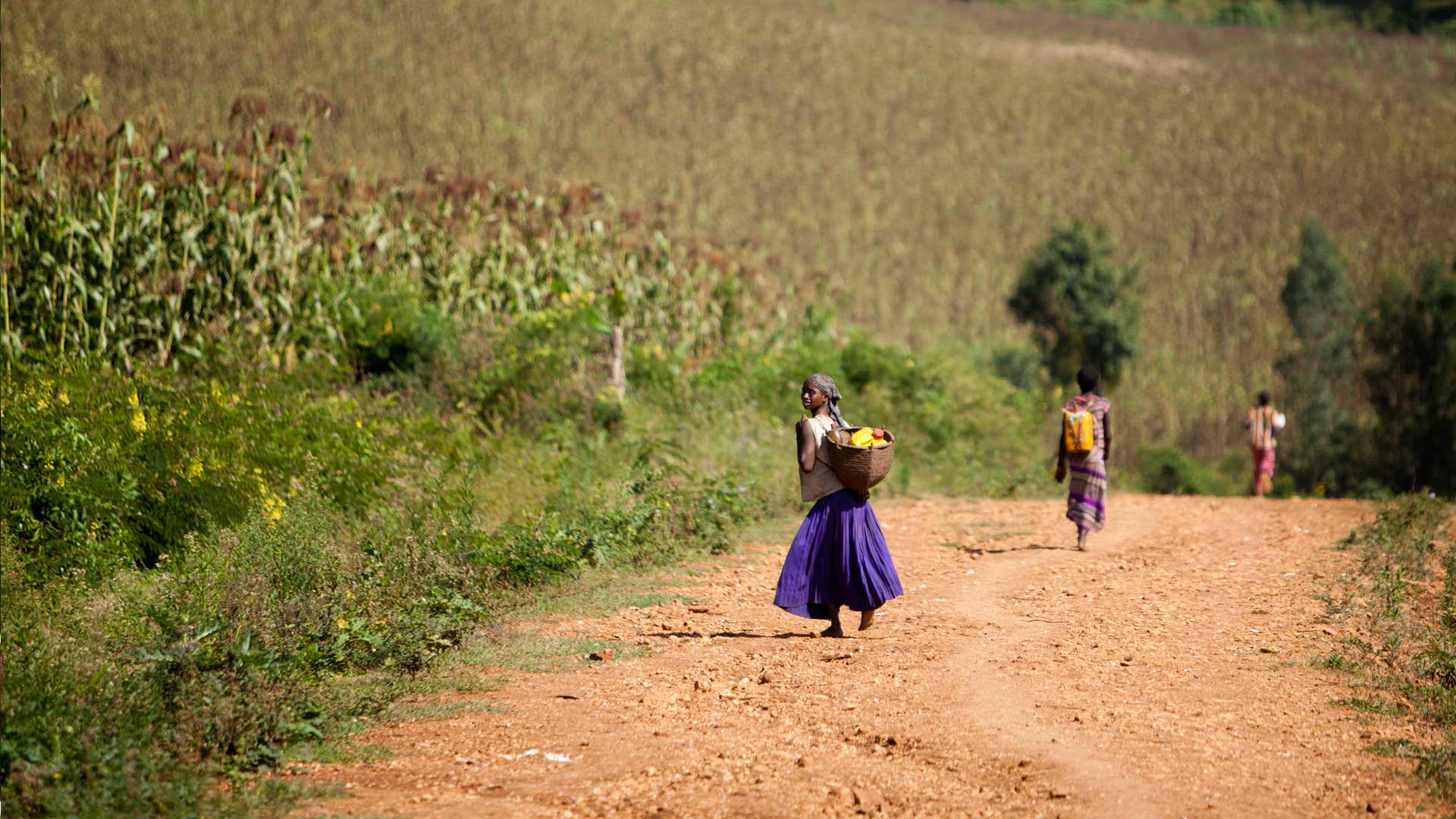
Sustainable and Resilient Communities (SRC)
Community Resilience
Creating resilient communities that are able to withstand external shocks and recover from adverse situations is a priority for our society in the face of climate change, the destruction of natural resources and the disruption caused by shock events.
SRC has a number of research projects that explore community resilience from different perspectives. These include:
- Research for Lincolnshire County Council looking at three villages from a sustainability perspective. (Professor Gerard McElwee)
- The vulnerability of long-term Palestinian refugee camps in Jordan (Dr Julia Meaton). The aim of this project is to undertake a vulnerability assessment of one long standing refugee camp (Baqa’a Camp) Using a variety of methods including focus groups and interviews, the research will identify key environmental, social and political risks and will explore ways in which camp communities and residents can enhance their resilience and agency.
- Use of social media to address social problems at a community level (Dr Julia Meaton). Working with Public Health England, SRC has been exploring the use of crowdmapping to address issues such as dog fouling. It is one of the greatest causes of complaint within communities and many people expect local councils to deal with it more effectively. Research sought to engage the community in a fun way so that the extent of the problem could be ‘logged’. An internet site using Ushahidi mapping software was established where people could record incidents of dog fouling and build an accurate record of the extent of the problem (https://poopatrolmarsden.crowdmap.com/).
- Use of technology to increase resilience
- WAAA! (Wearable, Anytime, Anywhere, Apgar) (Dr Julia Meaton)
WAAA! is based on the APGAR scale used globally to identify potential problems in newborns. WAAA! de-skills and automates clinical assessment and has the capability to monitor remotely and to trigger an emergency response- thus overcoming problems of limited access to community health workers. - Solar Powered Irrigation Pump (Matt Snell and Fiona Hesselden)
With no moving parts and powered by solar energy, this is an affordable and resilient irrigation pumping solution for resource poor environments. SRC is working with patent holder Longcroft engineering, the University of Huddersfield’s Turbo Charger Research Institute and third sector organisation iDE (International Development Enterprises) to improve pump efficiency and effectiveness and field test it with farmers in Africa. - Capacity building in agricultural innovation services in CEE countries (Catalyst project) (Professor Gerard McElwee)
This research project aims to support agricultural innovation within the CEE region by identifying the skillsets and knowledge needed by practicing agricultural innovation professionals. Results will inform a training programme and the development of a toolkit in order to boost capacity building actions in the area of agricultural innovation services in CEE countries.
This project is funded by the Erasmus+ programme of the European Union. To find out more, please click on the Catalyst logo below.
- WAAA! (Wearable, Anytime, Anywhere, Apgar) (Dr Julia Meaton)
- Transport Research
The opportunities and challenges of autonomous and connected vehicles are a research focus for Dr Alexandros Nikitas and Dr Eric Tchouamou Njoya. Previous research on bike sharing is to be expanded to look at mobility as a service (MaaS) with Dr Jana Sochor from Victoria Institute, Gothenburg, Sweden and a project with Dr Judith Wang from the University of Leeds on the walking school bus initiative is also being explored.